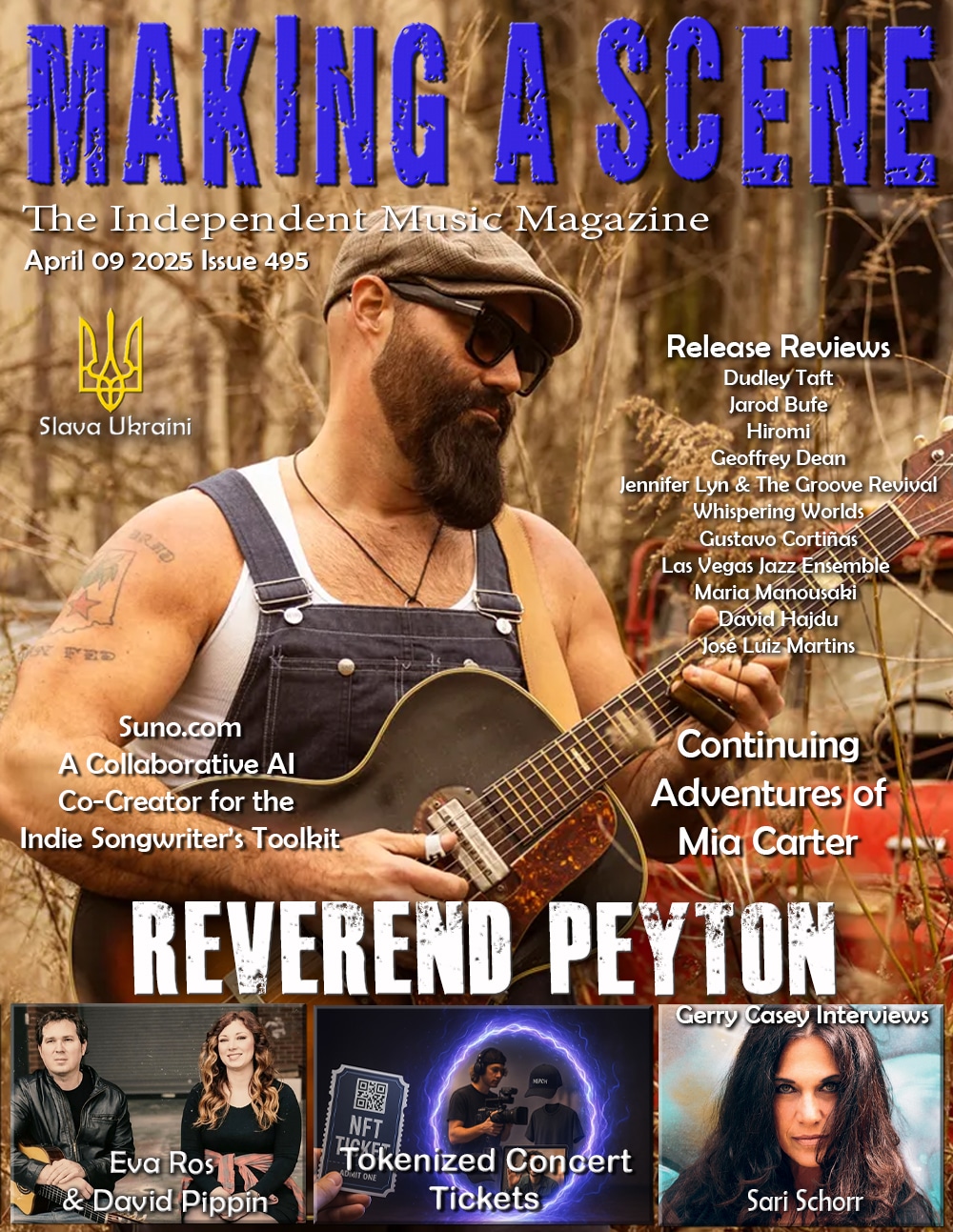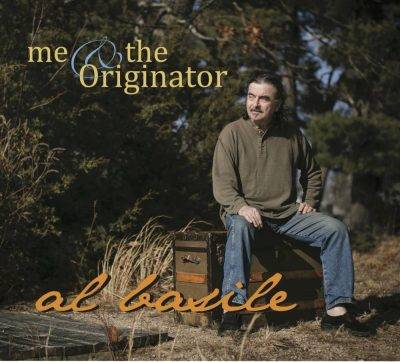Al Basile Me & The Originator
Al Basile
Me & The Originator
Sweetspot Records
In 1970 Al Basile received a Master’s degree in Creative Writing from Brown University. Three years later Duke Robillard asked him to join Roomful of Blues to become their first cornet player. While with them Basile got to play his horn with many of the greats most notably; Red Prysock, Eddie “Cleanhead” Vinson and Big Joe Turner. Both Robillard and Basile departed Roomful of Blues in 1975. Basile became a teacher but they remained friends; and Basile’s songs began to appear on Robillard’s record albums for Rounder, Pointblank, Shanachie and Stony Plain.
This is Basile’s fifteenth studio recording all of them produced by Robillard. In 2017 Basile received a Blues Music Award nomination in the category of Contemporary Blues Album of The Year for his 2016 recording “Mid-Century Modern” also on Sweetspot. Last year’s album “Quiet Money” resulted in Basile’s seventh BMA nomination as “Best Instrumentalist – Horn”.
Basile is also a poet having published two books. He is the winner of the Meringoff Award given by the Association of Scholars, Critics, and Writers, for a poem in his second book “Tonesmith”. The title of the book is also true of Basile as a music maker. His vocal timbre and cornet playing have a similar sound. Basile’s sound is therefore as uniquely identifiable as any of his mentors.
Producer Robillard likes to record with his own band members. The band includes Basile, vocals, cornet, and horn arrangements; Robillard, guitars; Mark Teixeira, drums; Brad Hallen, bass; Bruce Bears, keyboards; Doug James, tenor sax; and Jeff “Doc” Chanonhouse, trumpet. This new album is unique in it’s concept as Basile alternates between his stories, which are poetic narratives, and his songs. His narratives are “autobiographical passages, regrets and celebrations, memories, impressions, and ambiguous lessons learned”.
“Many people know me as a musician, and many others as a poet. I wanted to create a project that required both of my creative hats”. “I decided to write a dozen songs, and have the character comment in poems about how the songs came to be written”. “I planned to read the poems in the voice of the character and have Robillard play solo guitar intros for each one”. “I gave the guys advance notice of the narration (even though they wouldn’t be playing on those tracks) so they would understand the story and how the songs fit in. Then we actually recorded the songs in sequence”.
The first narrative “The Trunk” sets up the sequence that follows. It’s a metaphor for that creative place in our mind that is accessible; but only some of the time. It’s like reflecting and asking; did I really write that? The songs are followed by their stories.
“Poor Boy’s Day” is a mystical song featuring a great horn arrangement. “What He Carried” is a fabulous bit of poetry about running away from home at an early age.
“My J-O-B” features a fabulous cornet solo and another fine horn arrangement. The narrative “Useless Good Advice” is about not being able to follow his father’s well intentioned advice in choosing his path in life. Basile uses poetic license as he references his time spent in a band.
“Lefty’s Nine Lessons” is a song about baseball, one of the topics that Basile loves to write about. “Self Reliance” is the story of Lefty Rube Wydell a pitcher, who ended his career in 1910. “The band quit on me once in Cincinnati” is the part of the story that connects the segments as he relates having to play a gig solo to striking out the side.
“She Made Me Believe It” is a relationship song “when she touched my hand she made me believe it”. “The Bee’s Lot” is a poem about how a bee chooses which blossom to taste.
“Here Come Your Trouble”, “and now you’re gonna pay”, features a beautiful extended solo by Basile. “What He Deserved” continues the story.
There are twenty-five tracks in all; twelve songs and thirteen narratives. This recording demands time to listen closely and absorb. Basile states his concept was “inspired by the running narrative between the songs on “Louis Armstrong: My Musical Biography”. Basile’s poetry is as enjoyable as his music.
Richard Ludmerer
[amazon_link asins=’B07BYWG7V7,B073LC54VL,B00K5P34TO,B008SVRTUW,B01GOXB3KW,B011EK2IGS’ template=’ProductCarousel’ store=’maasc-20′ marketplace=’US’ link_id=’3c0146dd-8cf6-11e8-92ed-67b1aa70a90a’]
Discover more from Making A Scene!
Subscribe to get the latest posts sent to your email.














































